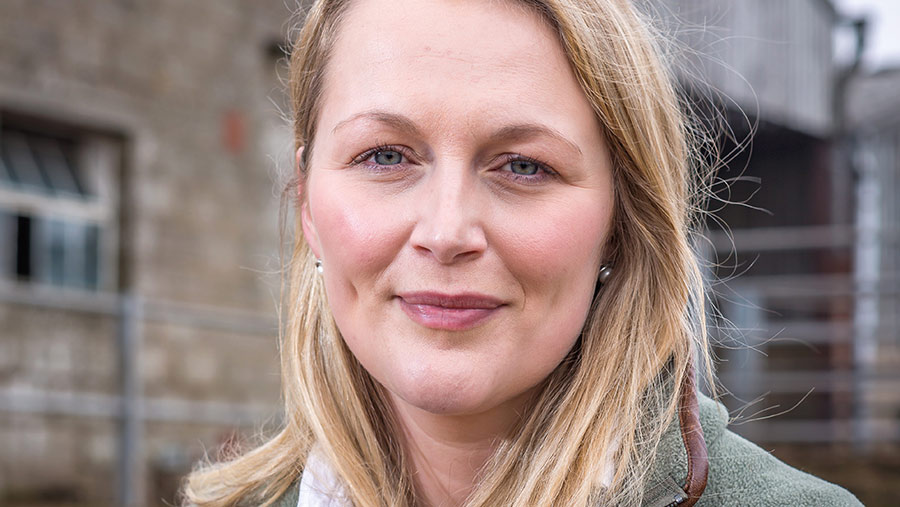Farmer Focus: Hoping soil health investment grows returns
 © Richard Stanton
© Richard Stanton We are going into our fifth year at our home farm. When we took on the tenancy in 2017, one of the first and most important tasks we undertook was to get the whole farm soil-tested.
It was clear that the farm hadn’t seen a drop of lime or a plough for some years, but the potential was obvious to us.
Being first-generation tenant farmers, we really have to push forward the business to justify being able to make the regular rental demands alongside all other running costs. The key elements for us are soil health and ground productivity.
See also: How mapping is saving a livestock farmer £2,120 on lime
We are trying to improve ground conditions to make the farm as productive as possible so we can intensify the business as suited.
We have finally completed our whole-farm soil health programme with regular testing and by liming one-quarter of the farm each year, as required.
All bar one field has now been reseeded, and we hope to drill that in spring with wheat or oats, as the weather allows, and before it becomes too late in the day.
It has been a significant financial investment for a young business to reseed and improve more than 80ha in that time, and some days it is easy to wonder why we are putting ourselves under so much financial pressure to improve a farm we don’t own.
The pig and cattle muck has been hugely valuable to help alter the phosphate, potash and organic matter across the farm, allowing us to buy in less fertiliser (good job too, as prices are high). We are hopeful we will start to see a higher financial return this year.
Lambing is just around the corner here, which will keep us busy for the next couple of months.
Unfortunately, we won’t be able to have the company of a veterinary student this year due to the Covid-19 lockdown restrictions, so Josh, our workman and I will have to be all hands on deck.
Hopefully, the weather will be kind again and we can turn out ewes and lambs promptly onto the new leys to free up pen space and labour.
Read more about Monmouthshire livestock farmer Livy Braid
